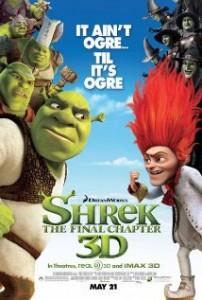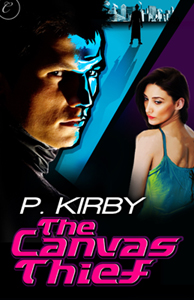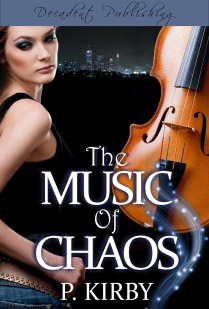 Shrek Forever After. A lesson in how a franchise that started out well, can be undone by the forces of bland conformity.
Shrek Forever After. A lesson in how a franchise that started out well, can be undone by the forces of bland conformity.
The Shrek movies, all four now, follow the misadventures of an ogre (Mike Meyers) who meets and falls in love with a beautiful princess, Fiona (Cameron Diaz). Who, thanks to a curse, is also an ogre. It begins as a delightful spoof of the usual, “Oh, so pretty, little forest animals love her,” princess meets her true love, fairy tale.
And then, by Shrek Forever After, the little ogres come along. And there goes Fiona’s personality, devoured by the thing called Mommy.
This is where somebody, invariably (because this is the Internet) will get their knickers in a twist. Because I’m defaming motherhood and apple pie. (Well, okay, yes to the latter. Strawberry rhubarb is a superior pie.)
I’m not dissing parenthood. I am taking issue with the idea that everything you are, everything you dream or hold dear, must be sublimated and engulfed, by the blob-like entity called parenting.
I know of several couples who were active, interesting people, and who, after marriage and children, still are. The adventure continues: With. Their. Kids.
Of course, they were adventurous and fun people, before they got married. Which is the point. In the first two Shrek movies, Fiona was strong-willed and adventurous. In the second movie, we see her happily embracing life as … an ogre. Warts, farts, belches and all.
In Shrek Forever After, Fiona is now a green-tinted June Cleaver. Setting up birthday parties and doing nothing at all but being Mom. Shrek, but default, is expected to be nothing but Dad. (Unlike the usual patriarchal archetype, the poor guy can’t even escape by going to work.)
Gone is the fun premise that celebrates being different, replaced with a cautionary tale about irresponsibility that presents parenthood as an “Abandon all hope, ye who enter here” proposition.
Shrek, being an ogre, is fed up with the trappings of domestic bliss. Terrorizing villagers has been replaced with smiling politely at said villagers and roaring on cue. He has a meltdown at his kid’s birthday party, and Fiona chides him for … being an ogre. It never occurs to her that her spouse is a big, green square peg jammed in a round hole.
Soon after, Shrek encounters a down-on-his-luck Rumplestiltskin (Walt Dohrn). Rumplestiltskin had plans to rule the kingdom of Far Far Away; plans that were destroyed by Shrek’s marriage to princess Fiona. He’s somewhat bitter and looking for revenge.
Rumplestiltskin offers Shrek a chance to have some “me” time, time to be an ogre, away from the wife and kids. And Shrek takes it. Honestly, who wouldn’t?
That chance is really a spell that changes the past, making it so Shrek never met Fiona. In this new reality, Rumplestiltskin and his band of witches now rule the kingdom, and ogres are an oppressed minority. Ogres, being ogres, don’t accept oppression well, and have formed a resistance, led by no other than Fiona.
My husband, soon after warrior Fiona comes on stage, said, “This Fiona is way more interesting than the other one.” And she is.
Fiona, mind you, is never shown as being frustrated with being a mom. It’s Shrek, and only Shrek, that learns a lesson in valuing what you have. A lesson that is better expressed as, “Once you marry and have kids, never ever think that you can pursue your bliss.”
The whole premise is as offensive to men as it is to women. It trades on the idea that women always settle happily into familial bliss, and that it’s just the foolish men who think life should be something more than diapers and unclogging the toilet/outhouse.
The Incredibles traffics in a similar theme. Except, the ultimate message in The Incredibles is that family and marriage can be an adventure; that it can be more than a 50s-era fantasy; and that it can involve the kids.
Mr. Incredible longs for adventure. Mrs. Incredible longs to just fit in. But by the end of the movie, both learn that they were wrong. He learns to value what he has (family), and she learns that you can’t be happy if you are denying part of yourself.
In Shrek Forever After, there are just two choices: Dullsville and adventure, with the latter being relegated to the toy box where grown men and women put away such childish things.
And that’s a sad message. Both for parents and their children.
But It’s a Dry Heat


